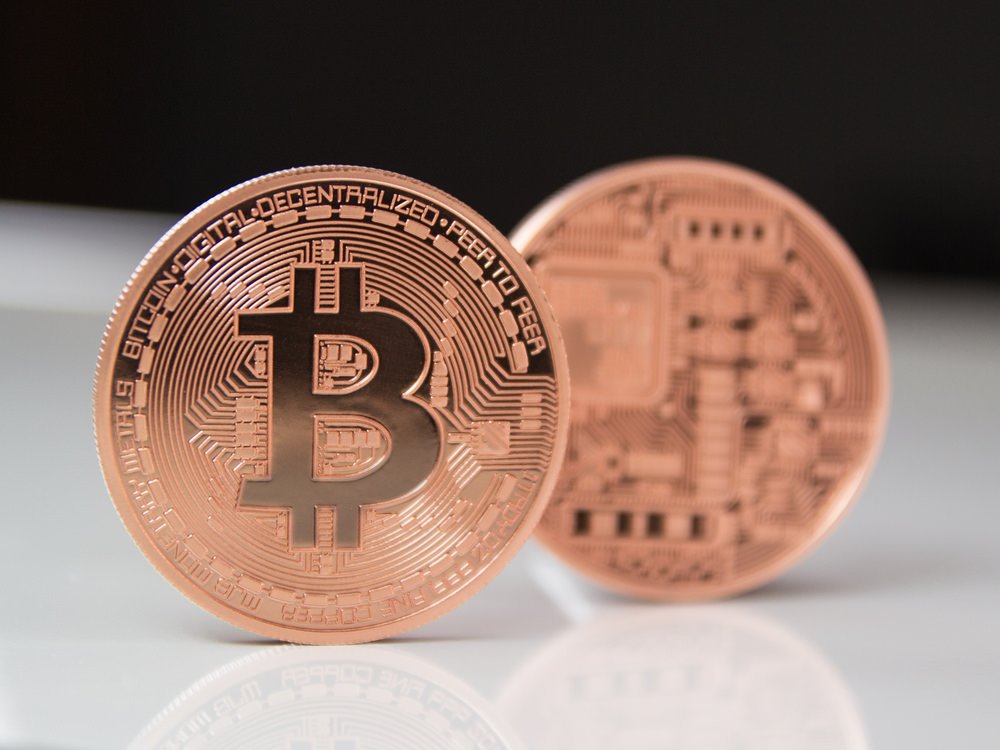
Marc Andreessen Explains Why 2014 Will be the Year of Bitcoin
Marc Andreessen, co-founder of venture capital firm Andreessen Horowitz, has praised the virtues of bitcoin, in an essay published by The New York Times.
In the piece, entitled “Why Bitcoin Matters”, Andreessen outlines what drew him to bitcoin and raises some interesting points, along with new questions.
Andreessen’s company is heavily invested in bitcoin startups, so it is understandable that he offers a very positive perspective. He argues that technologists (or nerds) are transfixed by bitcoin, as they see enormous potential in digital currencies. He concludes that popular products and services are eventually commercialised by mainstream companies and industries.
Tech analogies abound
Andreessen's article compares bitcoin to other technologies that changed the way we do business in the past: personal computers in 1975 and the internet in 1993. He echoes a similar argument from venture capitalist Chris Dixon, who recently compared bitcoins to domain names in the early days of the internet, proclaiming that 2014 will be bitcoin's breakthrough year.
The trouble with such broad analogies is that they tend to work both ways. Proponents of digital currencies can use them to prove their point, but critics can do the same – and both will have plenty of good arguments on their side.
However, Andreessen stresses that bitcoin is somewhat different, as it has a lot to do with public perception: “The gulf between what the press and many regular people believe Bitcoin is, and what a growing critical mass of technologists believe Bitcoin is, remains enormous.”
Getting the message across
Andreessen tackles a very basic problem faced by many bitcoin enthusiasts: he explains how it works and what makes it so radically different.
[post-quote]
The emphasis is not on the currency itself, or even the existing protocol, but rather the way digital currencies have managed to resolve a problem in computer science called the Byzantine Generals Problem.
In essence, the problem revolves around different individuals agreeing with each other and cutting out those with a malicious intent. It is all about creating trust between different parties over an untrusted network.
“The practical consequence of solving this problem is that Bitcoin gives us, for the first time, a way for one Internet user to transfer a unique piece of digital property to another Internet user.”
“The transfer is guaranteed to be safe and secure, everyone knows that the transfer has taken place, and nobody can challenge the legitimacy of the transfer. The consequences of this breakthrough are hard to overstate,” Andreessen concludes.
Currency vs payment system
Andreessen goes on to explain the key difference between bitcoins and Bitcoin (ie between the currency and the protocol). Bitcoin is described as a bearer instrument that allows parties to exchange assets with no pre-existing trust. The value of the digital currency depends on the volume and velocity of payments running through the ledger and of course on speculation. He noted:
However, Andreessen also points out that companies can use bitcoin as a new payment system without holding any bitcoins in the process, thus eliminating many volatility concerns.
Furthermore, he describes bitcoin as a very interesting way of boosting margins for online and brick-and-mortar businesses. Interestingly, Andreessen quotes Chris Dixon to get his point across:
“Let’s say you sell electronics online. Profit margins in those businesses are usually under 5 percent, which means conventional 2.5 percent payment fees consume half the margin. That’s money that could be reinvested in the business, passed back to consumers or taxed by the government. Of all of those choices, handing 2.5 percent to banks to move bits around the Internet is the worst possible choice.”
Andreessen points out that bitcoin transactions are handled with practically no fees, or very low fees. This is not the case with existing payment systems, as they charge a couple of percent to process the payment. In many parts of the world the fees are much higher. In addition, bitcoin transfers can be faster and more secure, as they do not have to contain sensitive personal information.
Bright future for bitcoin, gloom for altcoins
One of the more interesting assumptions made by Andreessen is that bitcoin has a classic network effect, backed by a positive feedback loop.
“The more people who use Bitcoin, the more valuable Bitcoin is for everyone who uses it, and the higher the incentive for the next user to start using the technology.”
This phenomenon has been discussed in the past, and it is more or less a standard argument for bitcoin advocates. However, he also points out that the rise of bitcoin may doom competing digital currencies. With thousands of businesses and programmers using developing new bitcoin products and services, any future challenger to bitcoin will have a hard time gaining traction.
Andreessen also sees a lot more potential in remittances, public payments, micro-transactions and monetization. In all four scenarios bitcoin makes a lot of sense and beats traditional payment methods on many levels.
What about the critics?

bitcoin
Commenting recent criticism of bitcoin from prominent economists, Andreessen says they might be correct today, but in the long run it has a lot of potential, a view shared by former Fed chairman Ben Bernanke and to some extent Milton Friedman.
On the whole, Andreessen paints a very rosy picture, but he fails to address many concerns raised by the critics. Tech analogies like the “Internet anno 1993” argument tend to work both ways – just ask anyone who was burned in the Dot-com bubble of the late nineties.
Arguing that bitcoin is leaner and cheaper than existing payment systems makes more sense, but the real question is whether it will be as cheap a couple of years down the road, with more demand and fewer bitcoins to be mined.
Perhaps the biggest issue revolves around regulation. Bitcoin is secure, and is a great way of ensuring the validity of various transactions.
On the other hand, bitcoin transactions do not enjoy the same level of legal protection as traditional transactions. There is practically no recourse, bitcoin payments cannot be reversed and disputes are bound to end up in court.
Regulatory ambiguity is great for speculators, but it is not as good for businesses and consumers willing to embrace bitcoin – it is slowing adoption and it does not bode well for the "positive feedback loop" argument.
It's a catch-22. The same thing that makes bitcoin so alluring in some circles is, in fact, slowing down the development of the bitcoin economy.
DISCLOSURE
The leader in news and information on cryptocurrency, digital assets and the future of money, CoinDesk is a media outlet that strives for the highest journalistic standards and abides by a strict set of editorial policies. CoinDesk is an independent operating subsidiary of Digital Currency Group, which invests in cryptocurrencies and blockchain startups. As part of their compensation, certain CoinDesk employees, including editorial employees, may receive exposure to DCG equity in the form of stock appreciation rights, which vest over a multi-year period. CoinDesk journalists are not allowed to purchase stock outright in DCG.


